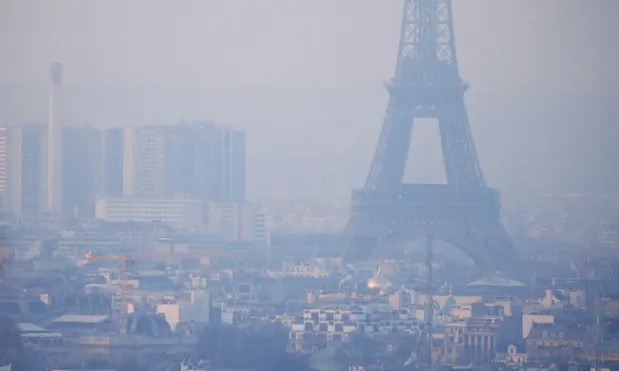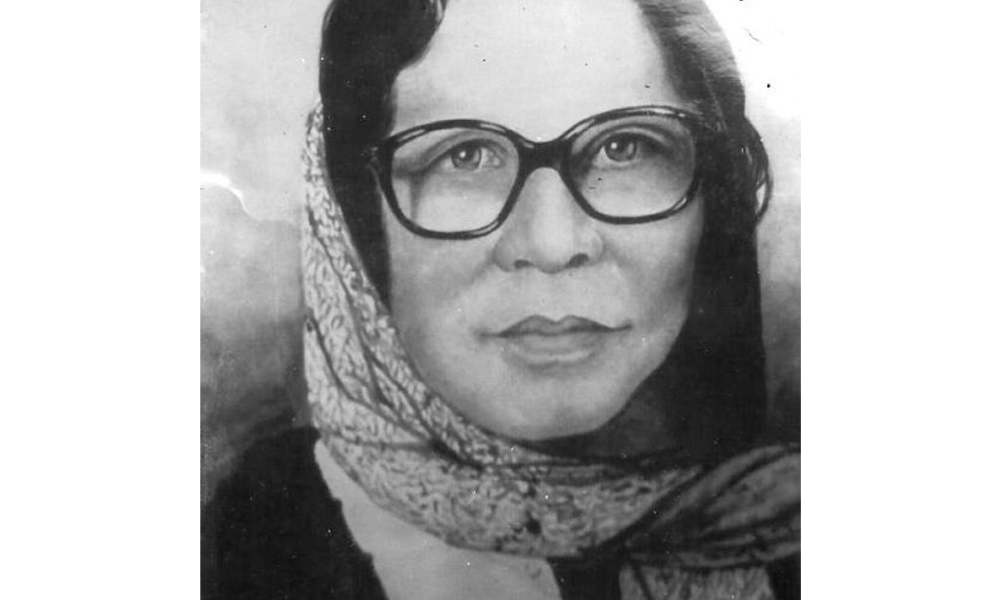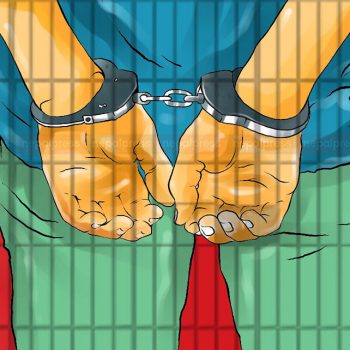The WHO estimates air pollution kills more than 7 million people each year and is one of the leading causes of sickness and absence from work globally.
Cities, with their crowded streets and high energy use, are hotspots for illness and disease linked to air pollution.
The WHO recommends that fine particulate matter (PM2.5) not exceed 10 micrograms per cubic metre of air, averaged annually. For nitrous oxide (NO2), the threshold not to be exceeded is 40μg/m3.
It found that reducing PM2.5 and NO2 to safe WHO levels could prevent 51,213 premature deaths each year in Europe alone.
Nearly 125,000 deaths annually could be saved in Europe if air pollution levels were reduced to the lowest recorded in the study, its authors said.
Mark Nieuwenhuijsen of the Barcelona Institute for Global Health (ISGlobal) said the research “proves that many cities are still not doing enough to tackle air pollution”.
“Levels above WHO guidelines are leading to unnecessary deaths,” he said.
Using city-specific data on air pollution models combined with mortality figures, the researchers formed a “mortality burden score” ranking individual cities from best to worst.
EUROPEAN DATA
Deaths due to air pollution varied widely, with NO2 levels in Madrid, for example, responsible for 7% of annual deaths there. Cities in the Po Valley region of northern Italy, Poland, and the Czech Republic were the highest in mortality burden, with the Italian cities of Brescia, Bergamo and Vicenza all within the top five for PM2.5 concentrations.
Those with the lowest mortality burden included Tromso in Norway, Umea in Sweden and Oulu in Finland, as well as the Icelandic capital, Reykjavik.
On average, 84% of the population in cities studied were exposed to PM2.5 levels above the WHO guideline. Nine per cent were exposed to higher-than-recommended NO2 levels, the study found.
Sasha Khomenko, co-author of the study from ISGlobal, said it was important to implement local emissions reductions measures in light of the high variability in mortality linked to poor air.
“We need an urgent change from private motorised traffic to public and active transportation (and) a reduction of emissions from industry, airports and ports,” she said.
Khomenko also said a ban on domestic wood and coal burning would help heavily polluted cities in central Europe, and called for more trees and green spaces in urban areas.


 NepalPress
NepalPress













